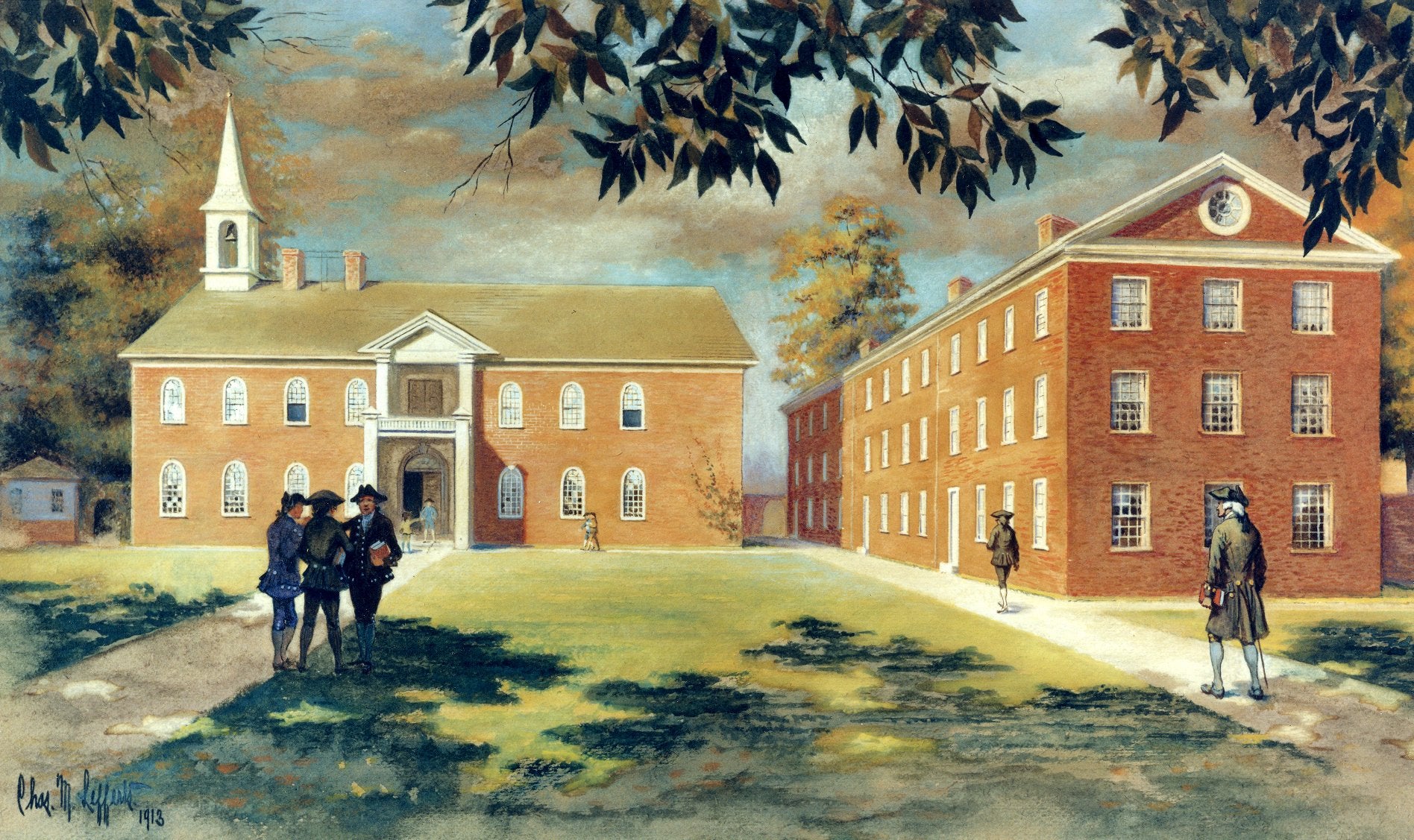Little is known about Paul Fooks before he came to the College of Philadelphia other than that he spent many years living “among the French and Spaniards” (Pennsylvania Gazette, 29 May 1766). Although he was fluent in French and received an A.M. degree from a French university, it is unlikely that he was of French descent, as it has been suggested. According to Peter Stephen DuPonceau, he came from a French Huguenot family that fled France to England and changed its name from Foucault to Fooks.
Fooks was appointed Professor of French and Spanish Languages in the College on May 20, 1766, and remained there until 1779. While there, he kept an account book of the names of the students he tutored, all of whom were either enrolled in the Academy or not connected to the institution in any way. Not a single name in the book appears to have been a student in the College while listed in Fooks’ accounts. This seems to imply that the French lessons given to College students were all covered by his contract, but that the Academy students who took his lessons did so voluntarily and thus had to pay for them themselves. Since none of the schools in the Academy offered modern languages during this period, it makes sense that Academy students who wanted to study these languages had to find private tutors such as Fooks.
Besides working as a professor at the College, Fooks was a notary public in Philadelphia. He lived on Second Street until 1775, when he moved to Arch Street by the College. He also wrote for Benjamin Franklin’s Pennsylvania Gazette. His essay “on the Advantages of being acquainted with the French and Spanish Languages” was published in the Gazette on July 3, 1775. A bill from him dated 1780 and a letter dated 1781 can be found in the John Holker Papers in the Benjamin Franklin Papers Collection at the Yale University Library. Fooks was active among the Revolutionaries and placed under house arrested during the British occupation of Philadelphia. He was a member of the American Philosophical Society.
Fooks died in March 1781 and was buried on 31 March in the Christ Church Burial Ground. His will mentions a few of his colleagues at the College, including James Davidson, rector of the Academy, and John Beveridge, professor of Greek and Latin languages.

